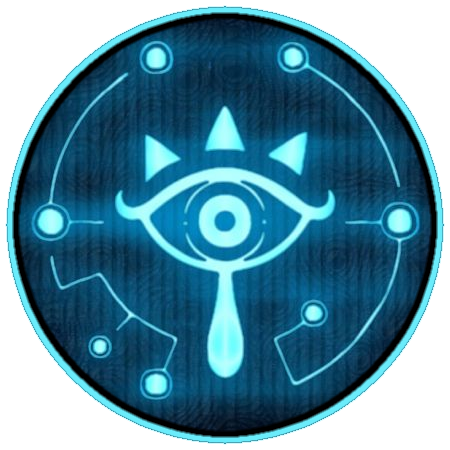I’ve heard how the English translations changes and alters the dialogue in a way that their personalities actually changes quite a bit from what was suggested in Japanese. I want to know if you guys have such experiences with the localization, especially if you played the game with different language settings.


German here. There are at least two major differences that stick out like a sore thumb.
Finley and Sasan:
In the English localization, they’re basically a couple despite the weird age difference thing (she’s allegedly older than him, but still looks like a toddler, and when Zora age slower then she IS still a kid by the standards of her own race etc.). They’re calling each other darling and sweetheart and soulmate and the thing that gets dumped into the river is flat-out called a love letter.
In the German version, Fine (Finley) just wants someone to go on adventures with and is cranky that the adults won’t ler her. Sasan happens to think she’s pretty cool for her age and promises her mother to keep an eye on her while they go explore. No creepy “love” stuff, no “I didn’t have my growth spurt yet but I’m totally an adult, trust me bro” thing, just an adult friend for an actual child who wants to make sure she doesn’t get hurt while playing outside.
The funny thing is that everyone automatically assumes it is the Japanese “thousand year old goddess in a child’s body trope” … but the crankend-up-to-eleven romance was ADDED in the English translation and they’re still only pen pals in the original. An analysis from reddit that I blatanly stole:
Other comments also imply that the romance is absent in the spanish, french, russian and italian versions, but since I speak neither of these languages fluently, I can not personally confirm anything.
Another example: Revali
In the English localization he’s just flat-out a jerk that pokes fun at Link at every opportunity and thinks he’s better than anyone else. He’s delightfully snarky and I think the VA did a very good job, but it still seems as if this character’s main motivation is his superiority complex and nothing else.
In the German version, his motivation is a bit different. It is made clear that he was the only one of the Champions starting from humble beginnings (everyone else is royalty, he’s “just” some archer) and had to work hard to develop his skill instead of just inheriting it like the others, and he’s kinda pissed that everyone takes their blessings for granted and seems to have no motivation to develop their skills further or even actually use them. He feels more like the only kid in a group project actually wanting to do the work while the others sit around and goof off instead of doing the assignment, and the frustration shows.
Him teasing Link falls into that category as well, but not because he wants to belittle Link and stroke his own ego, but because Revali thinks that Link, too, just takes for granted that he has a cool powerful sword and doesn’t seem to have any motivation to use its full potential.
His dialogue isn’t hurtful or condescending at all. It’s more of a “we are a team so please start to pull your own weight already instead of relying on others all the time” thing. A little frustrated at times, but overall supportive and loyal.
Some examples from the cutscenes/dialogue:
When Revali hands over “Revali’s Gale” to Link on Vah Medoh, his dialogue in English is: “It’s time to make preparations for Medoh’s strike on Gannon - but only if you think you still need my help while you’re fighting in Hyrule Castle. Feel free to thank me now!” and “Don’t preen yourself just for doing your job”.
In German he says: “Wenn du dann in Schloss Hyrule mit ihm [Ganon] kämpfst, kannst du auf unsre Hilfe zählen. Ich hoffe du weisst das zu schätzen! Gibt doch noch ein paar Sachen zu tun, oder?” (Then, when you’re fighting against him in Hyrule Castle, you can count on our support. I hope you appreciate that. We still have unfinished business to take care of, remember?)
then a little later while Revali is standing on top of Medoh, looking at the castle: “After all these years I simply must admit the truth … guess I was wrong about how lucky he would be.”
same dialogue in German: “So langsam muss ich zugeben dass er doch gar nicht schlecht ist. Er ist von uns beiden der Stärkere. Link - du bist dr Schlüssel und warst es immer.” (“I have to admit that he isn’t as bad as I thought. He’s the stronger of us two. Link - you’re the key and always have been.”). He finally acknowledges Link’s skill and even sounds proud about it, instead of snarkily claiming that the kid just got lucky again.
There are more examples like these but the comment is already way too long as it is, so 'Ill be leaving it at that.